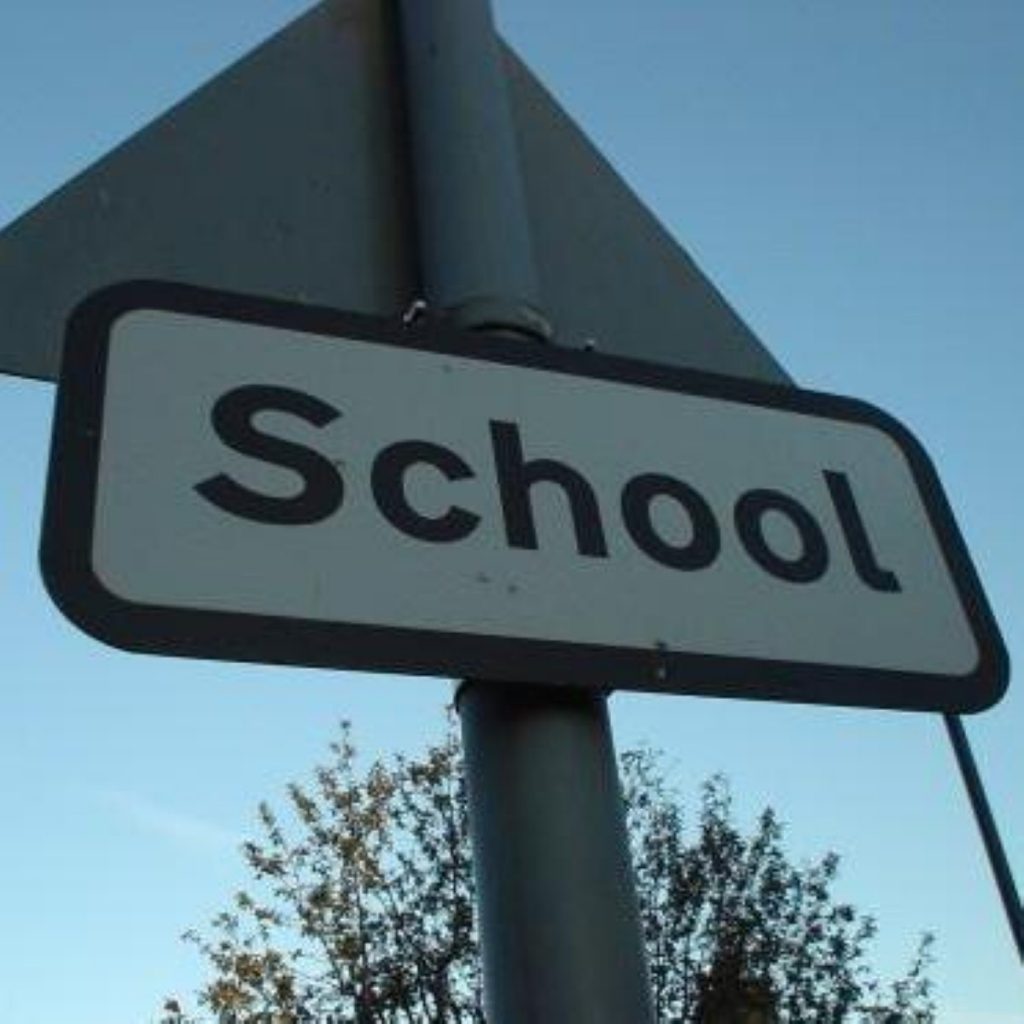Education bill reaches final hurdles
The government is braced for another Labour backbench rebellion when MPs vote on the final stages of the controversial education bill today and tomorrow.
More than 50 backbenchers voted against the second reading of the bill in March and reports suggest even more may rebel today, possibly including the 25 who abstained last time.
The government had to rely on Conservative support to get the legislation through the second reading, and analysts expect a similar situation this week.
Education secretary Alan Johnson said at the weekend that he wanted the education bill “to go through on Labour votes”, adding: “That is something that is very important to the party and the government.


“But if it doesn’t, and there is wide consensus across the other political parties, that wouldn’t be the first time it had happened.”
The legislation aims to create a network of self-governing trust or foundation schools within the state sector, in partnership with local businesses or sponsors, with control over their staff, buildings and admissions.
Ministers have made some concessions, in particular over admissions, to reassure Labour MPs that the new freedoms for schools will not allow them to select their pupils.
They have also agreed to allow local education authorities to set up community schools – ordinary state schools – if they feel parents in the area want that or there is a lack of proper education provision in the area.
But they have insisted the education secretary must retain a veto on this decision, and many Labour MPs fear this will mean local authorities will be prevented from taking action they feel is necessary.
The rebels fear the new trust schools would set up a two-tier education system, with the top performing state schools taking the best pupils and expanding, leaving the worst performing to close down – to the detriment of students.
They have tabled a number of amendments to be debated this week, including more power for parents in the area to decide whether their school becomes a trust school, or, if it already has this status, whether it can be converted back to a normal state school.
An amendment signed by 22 Labour MPs also calls for restrictions on the businesses or groups that can be involved in the new trust schools, after it emerged there was no formal prohibition on a company such as MacDonald’s becoming part of the scheme.
The Conservatives are unlikely to support these amendments, however – although they are prepared to support the education bill in its final stages this week, they have complained that the government’s concessions have watered it down.
Shadow education secretary David Willets told The Politics Show on Sunday that the bill, giving more freedom for schools to expand and to run their own affairs, was “in the best interests of parents and children.”
But he said it was a matter of “regret” that Tony Blair “had not stuck with the radicalism of his original vision in the white paper last autumn”, and said the Tories had tabled amendments to try to reverse the concessions.
These include a motion prohibiting the setting up of any more community schools after the education bill comes into law; a duty on the secretary of state to encourage local authorities to set up trust schools; and new powers for parents.









